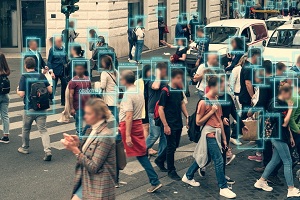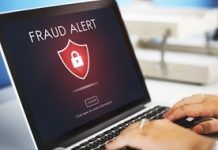The Baltimore City Council Public Safety and Government Operations Committee has passed an ordinance that would not only ban law enforcement and other agencies from purchasing and using facial recognition systems but would even bar the use of such technology by private citizens in the city.
Under Council Bill 21-0001, residents would be prohibited from “obtaining, retaining, accessing, or using certain face surveillance technology or any information obtained from certain face surveillance technology.” The ordinance does provide an exemption for biometric access control systems.
While various cities across the nation have passed laws prohibiting police and other government agencies from procuring or using facial recognition systems in recent years, only Portland, Ore., has sought to ban private use of the technology by businesses. However, Baltimore’s ordinance would be the first to criminalize consumer use of such systems.
In a joint letter, the Security Industry Association (SIA), the Consumer Technology Association (CTA), the Information Technology and Innovation Foundation (ITIF) and XR Association, urged the committee not to pass the measure and also noted a number of different commercial and consumer applications that would be impacted by its passage, including:
• Increased and customized accessibility for disabled persons
• Devices that assist people suffering from blindness, memory loss or prosopagnosia (face blindness) with recognizing friends and others
• Emergency systems to determine building occupant status following an evacuation order during a fire or other life-threatening event
• Healthcare facilities to verify patient identities while reducing the need for close proximity interpersonal interactions
• COVID-19 mitigation applications for business operations, allowing users to verify identities for vaccine validation, test results and other information
• In-home electronic devices with facial recognition, like smart baby monitors
• Customization of heating, lighting, sound and other room features based on building occupant preference/needs
• Online test proctoring software
• Banks to enhance consumer security to verify purchases and access ATMs
• Remote online identity document verification, such as those used for online sellers or gig economy workers
• Automobiles to unlock doors, start motors and adjust seats, mirrors and climate control systems
• Hotels to recognize loyal customers, speed check-in and unlock rooms
• Retailers to speed checkout lines with contactless payment
• Venues to permit faster, more efficient and more hygienic ticketless access to concerts and other events and to prevent ticket fraud








